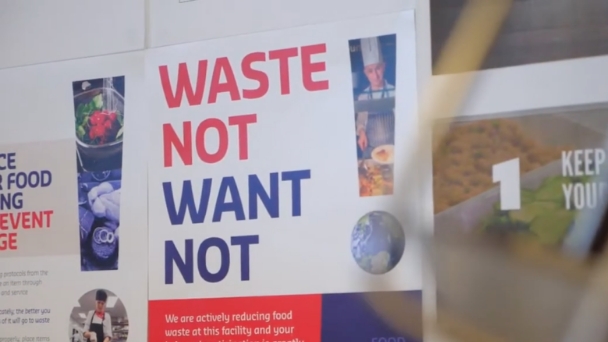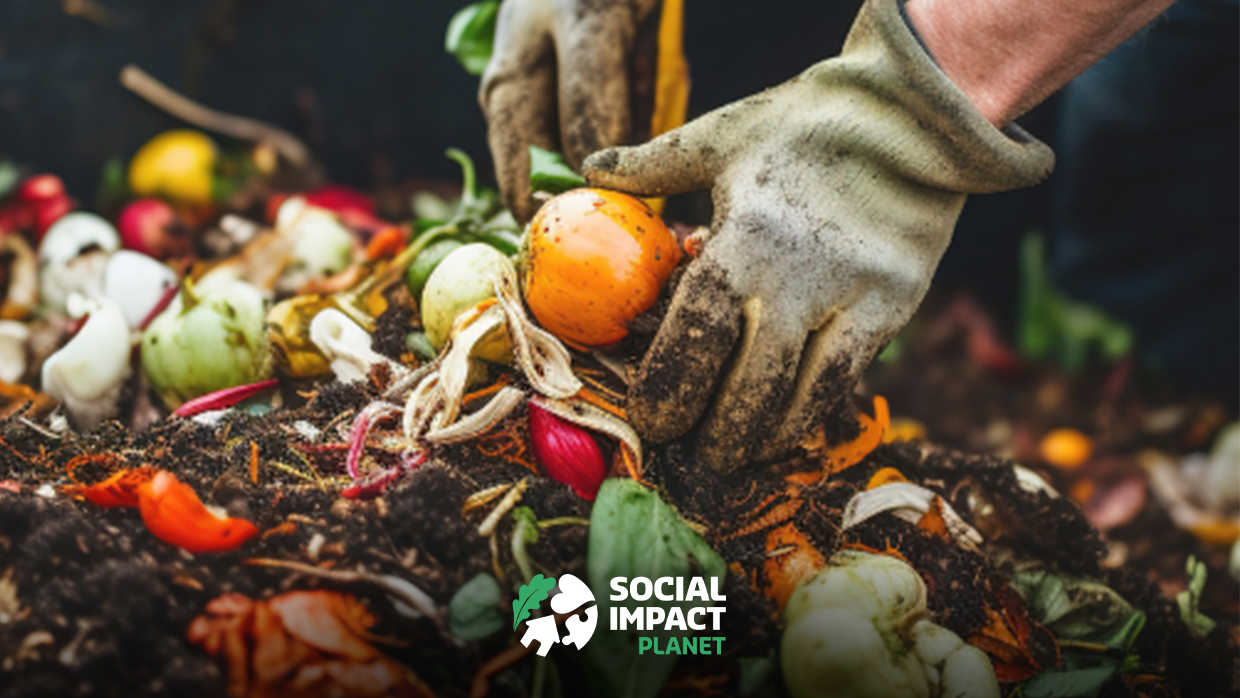WasteWatch in action in Health & Care
Sodexo colleagues at Nuffield Hospital in Leeds share their experiences of how the WasteWatch programme has helped them understand the importance of reducing food waste.


At Sodexo, we are committed to halving our food waste by the end of 2025, a key part of our roadmap to Net Zero. Currently, we’ve achieved a 45% reduction in food waste across sites using WasteWatch, compared to their respective baselines. We are confident that we will meet our 50% reduction goal by 31 August 2025.
With the United Nations reporting that one-third of the world’s food is wasted, we are also focused on supporting initiatives to reduce food waste beyond our operations.
A third of all food produced globally ends up being wasted*, making food waste one of the greatest contributors to climate change and biggest scandals of our time.
Whether it’s during the ordering, storage, preparation, or serving process, we are working together with our teams, clients and supply partners to reduce food and collateral waste across Sodexo sites.
WasteWatch is a measurement system allowing kitchen teams to understand what’s thrown away, and why, making it easy to identify efficiences and make informed menu choices backed up by real-time data. This technology is a key weapon in our fight against food waste and we've committed to roll it out to 100% of relevant sites by 2025.
*According to the United Nations Environment Programme.
In 2021, we launched Appetite for Action. This is an ongoing mission for Sodexo with the goal of using our scale and food industry expertise to convene and work alongside political and industry stakeholders, chefs and customers to drive meaningful change in food service procurement to help cut food waste.
You might also be interested in...
Our food services